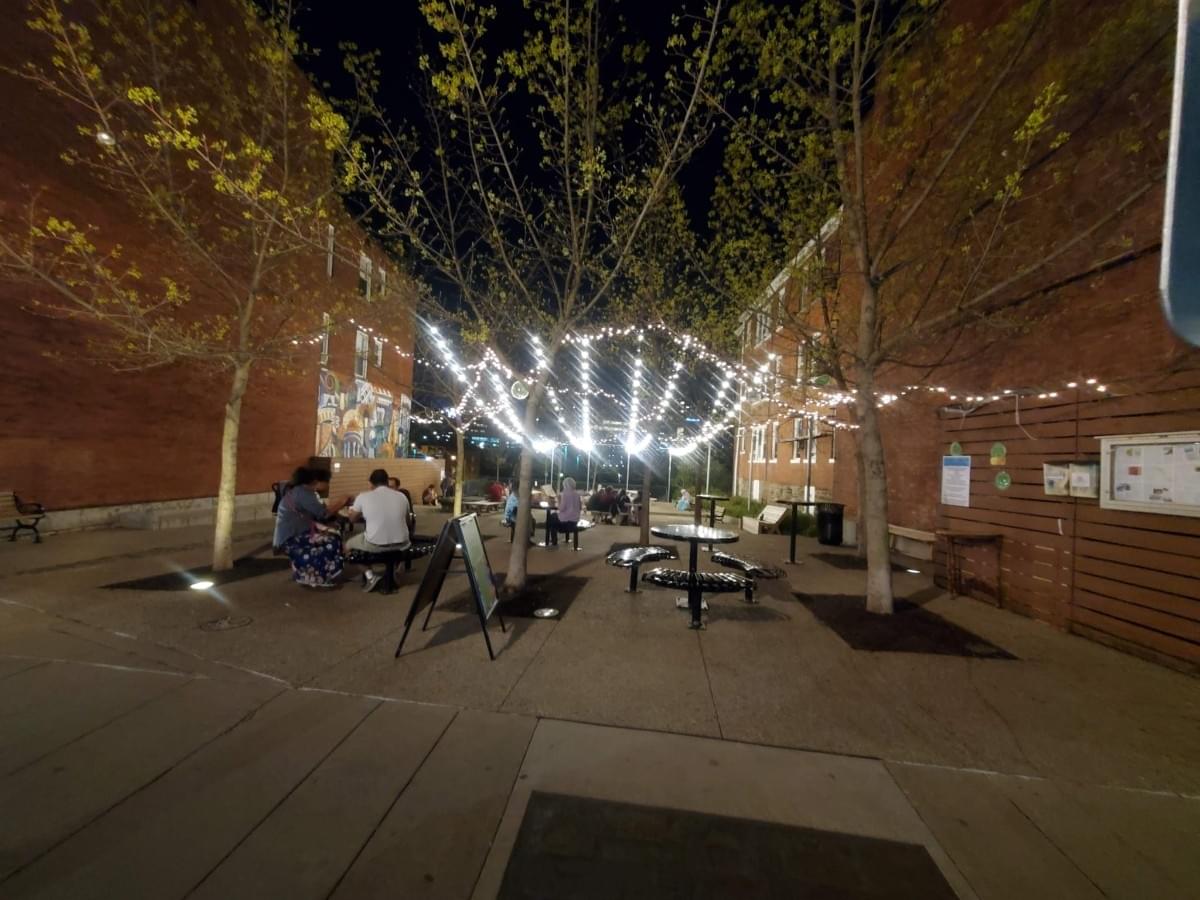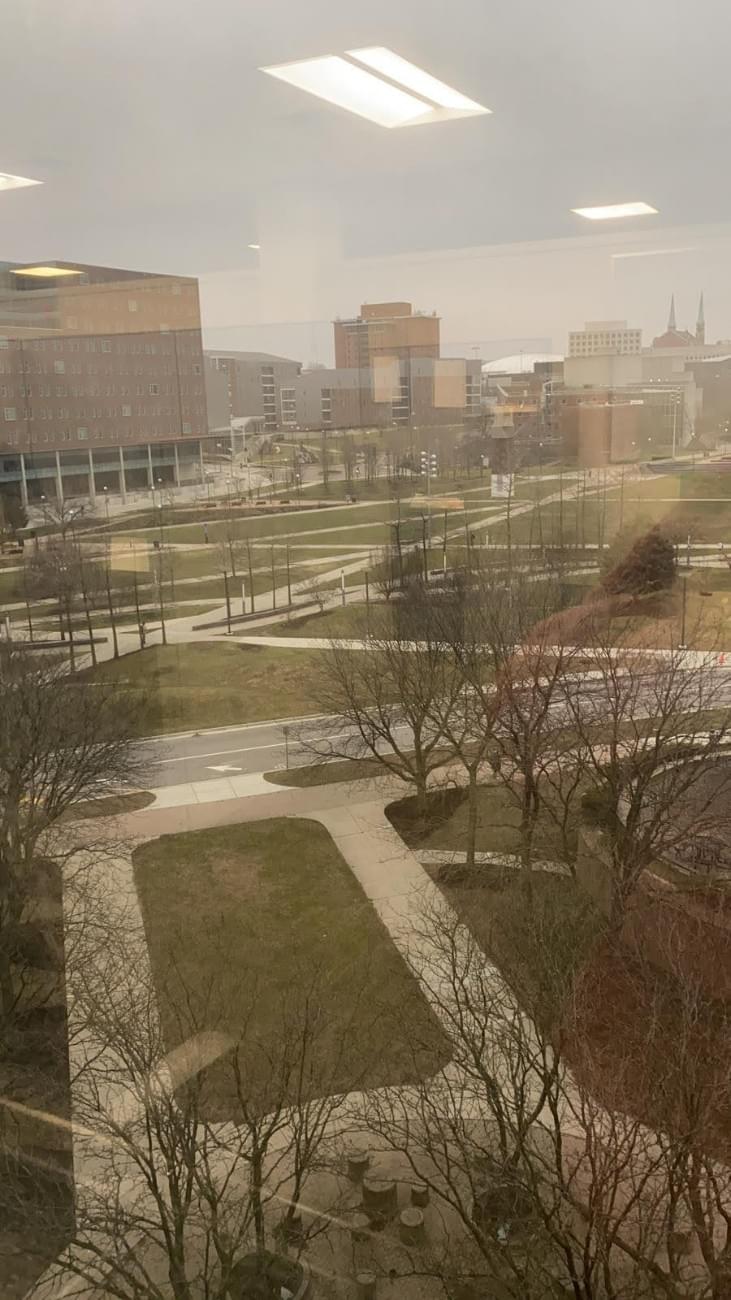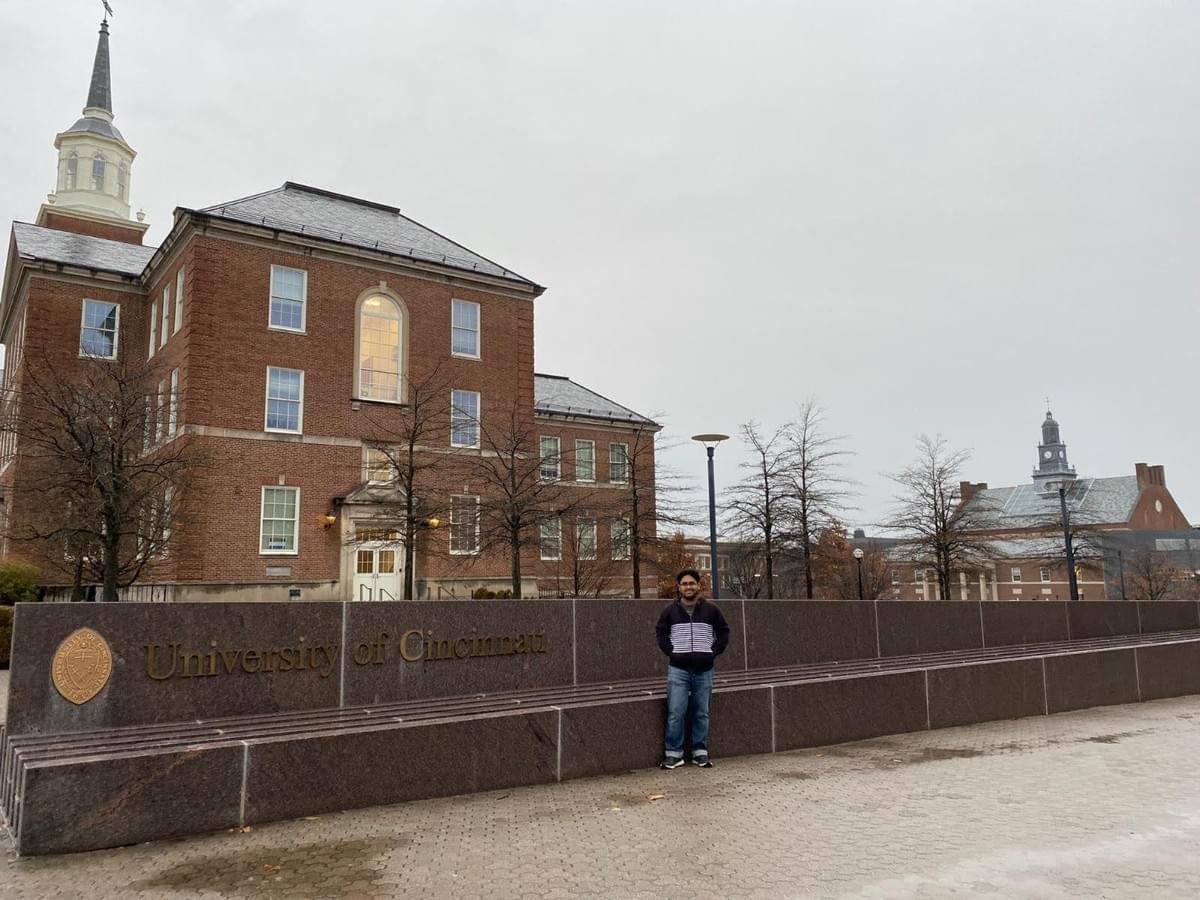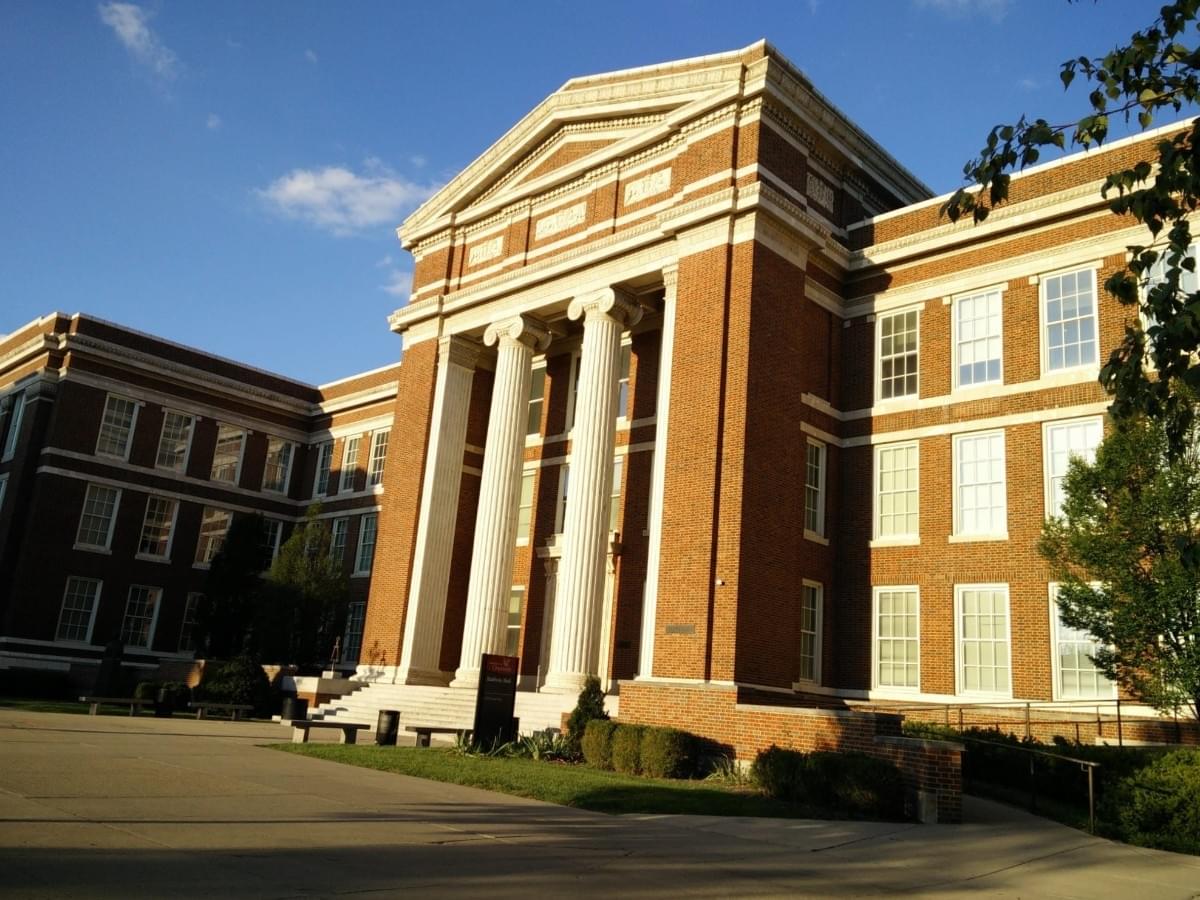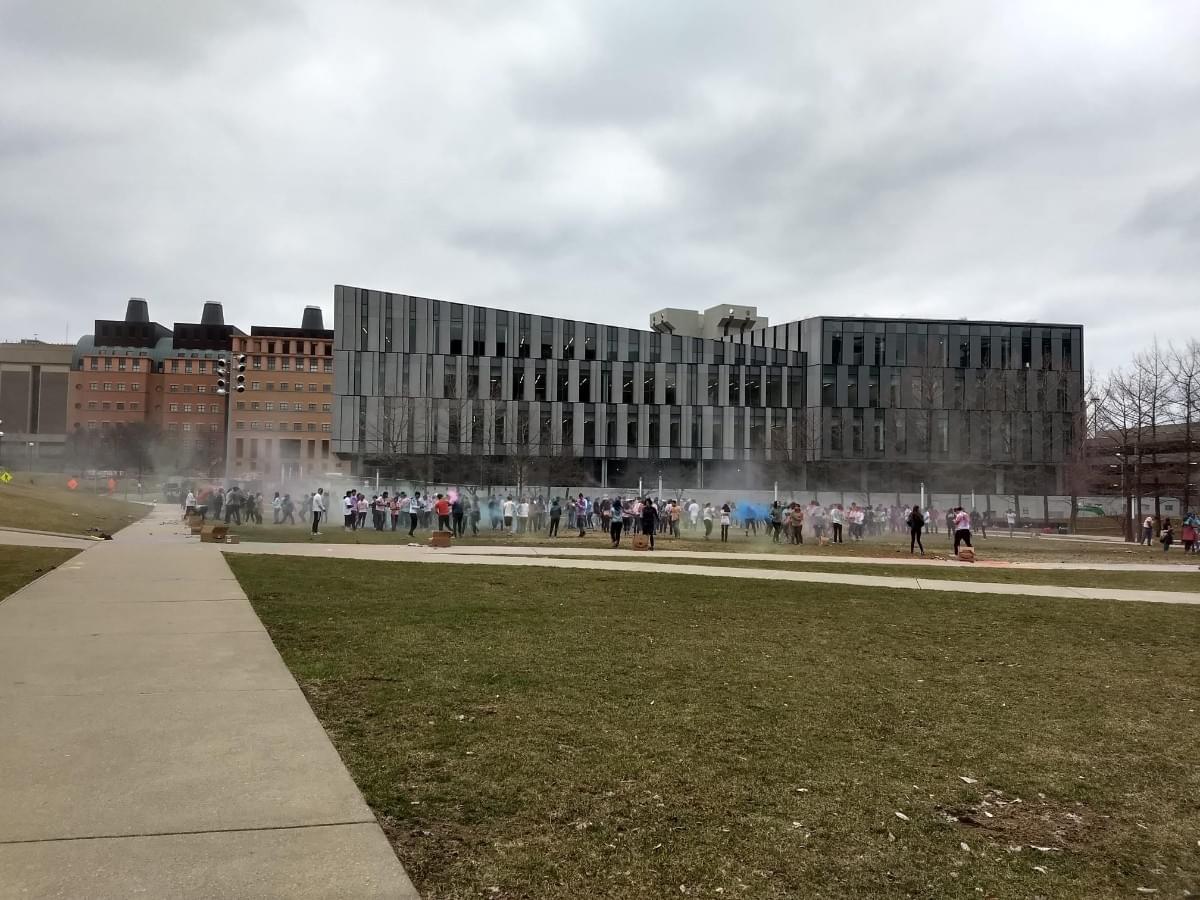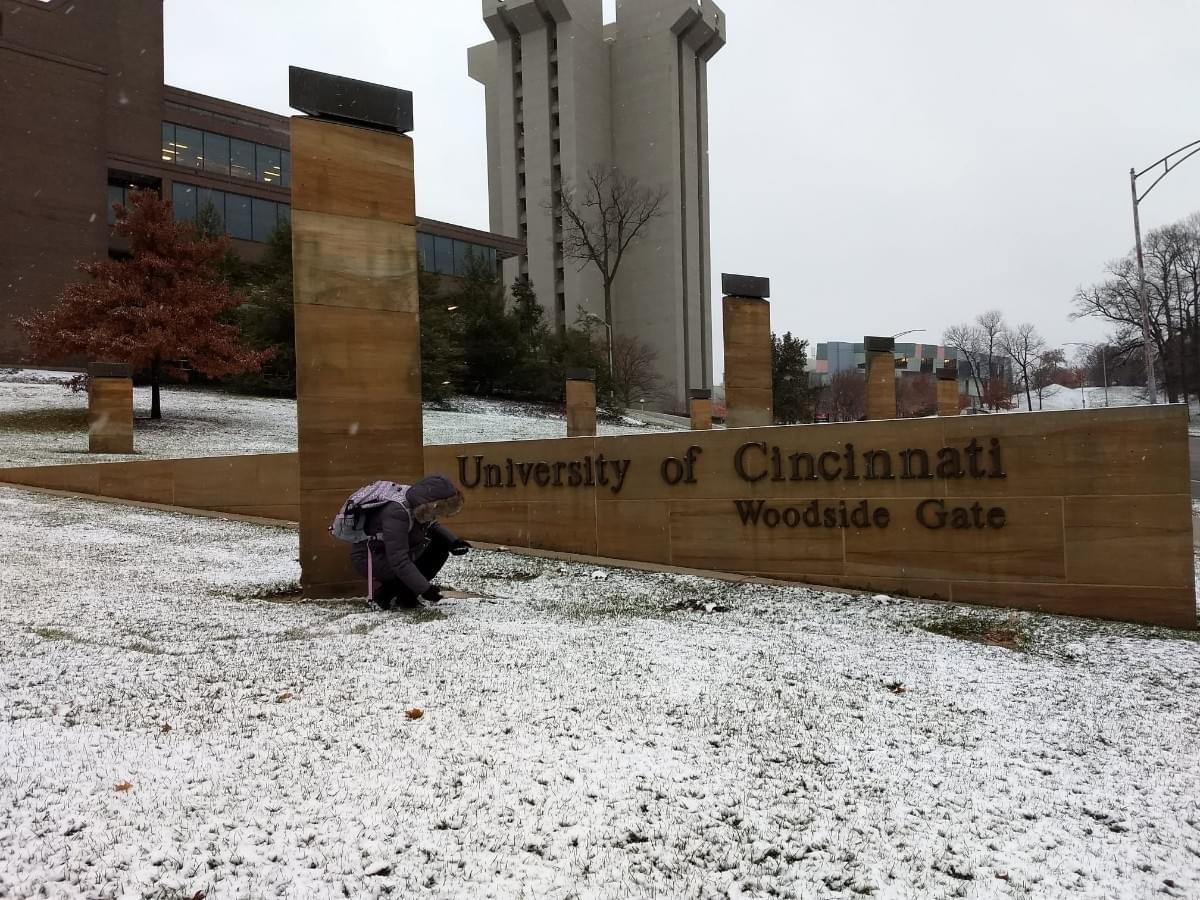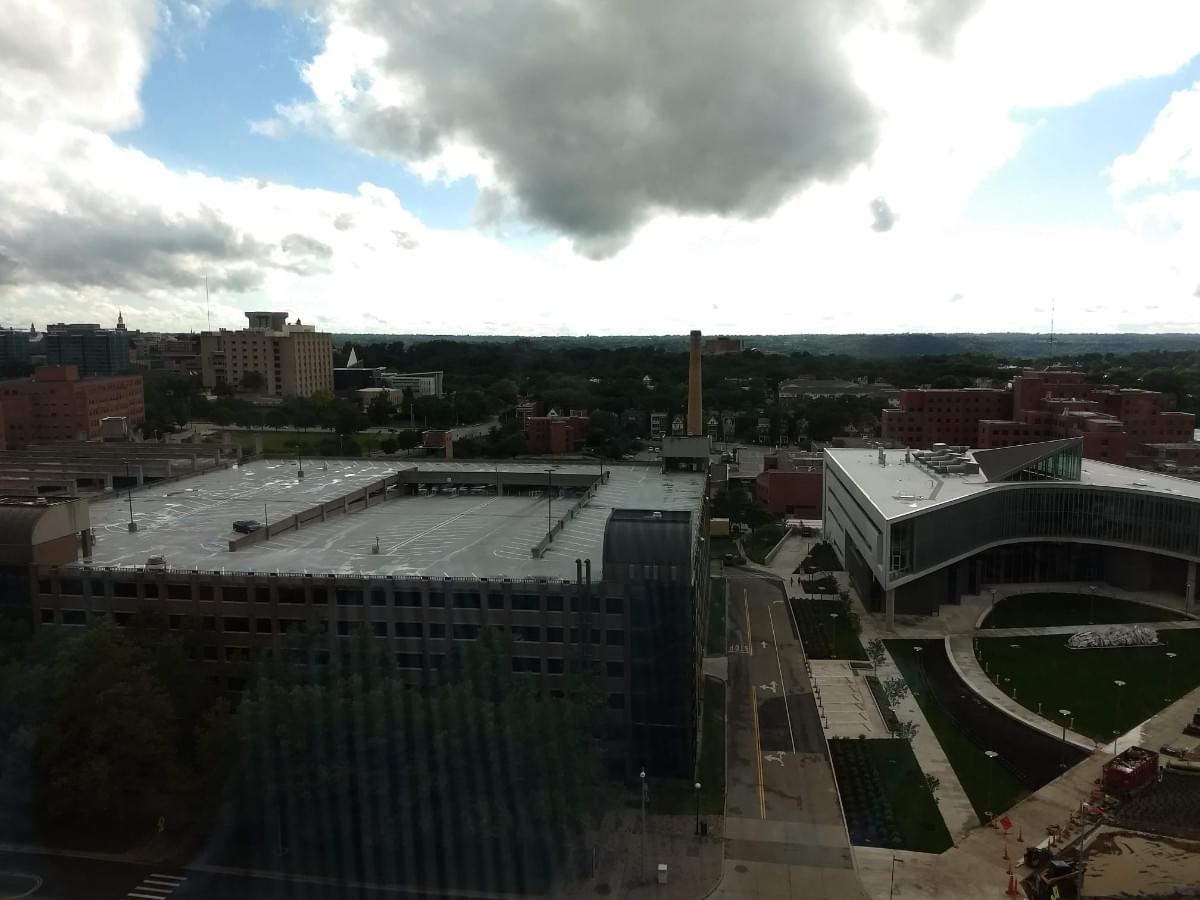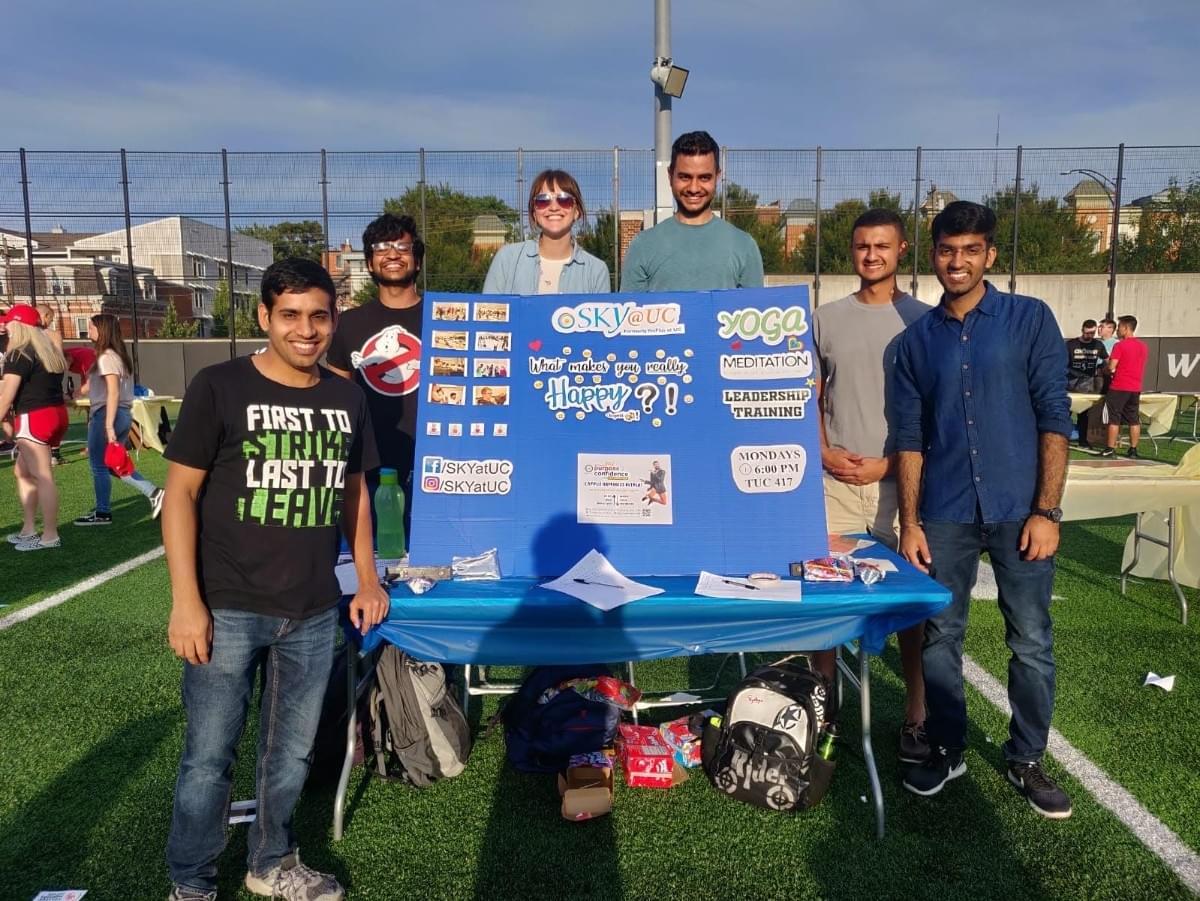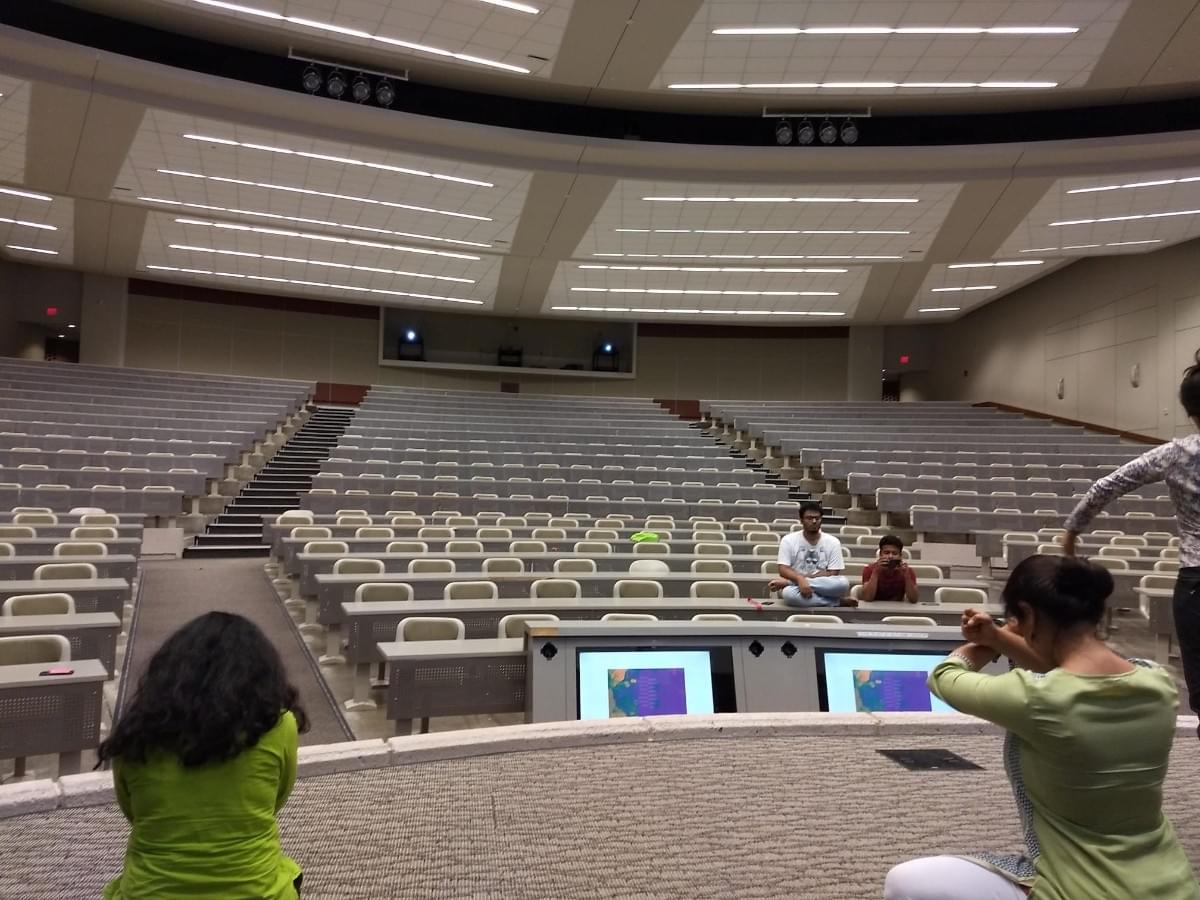What Students Say
Likes
- Very good research labs
- Very good campus facilities
- Urban campus so all amenities are available as you get in a good city
Dislikes
- Wish had much more industry collaborations more companies having research labs
- Wish had more labs for providing more domains of research
- Wish had more affordable on campus housing
Course Curriculum
- The difficulty level of the curriculum is much tougher than in India.
- It is very robust and practical as opposed to theoretical in India
- All mostly positives; got to learn a lot by doing things hands-on.
- Typically you take 4 courses in a semester; each would be like 3 or 4 credit hours, meaning 3 or 4 hours of class per week
- The number of students varies by class; for me it was from 20 to 40
Admission Experience
- I had applied to about 8 universities and got admission to 4.
- I had received offers from rutgers , Drexel, and uiuc
- I had rejects from nc state university, unc-chappel hill, UC riverside, missouri s&t
- I think I did not get accepted to some universities, as my research interest did not match with any of the faculties there and maybe the sop was not properly aligned
- I chose this university as the tuition and scholarship offered at this university were the best.
- I also got the lab of the professor I had wanted.
- The admission process was like sending all test scores gre and IELTS), university transcripts and letters of recommendation and the SOP to the admissions office and then they evaluated them and sent an offer.
- I am not sure of the minimum scores but my score was 320 in GRE and 8 in IELTS.
- Fall intake: apply Dec/Jan for admission into fall (August).
- Factors: university research profile and location in the urban city, cost of living in the city, etc. The department I applied to, the professors teaching and doing research there.
- it took a long time to prepare for the application. give gre , gather transcripts and letters of recommendation.
Faculty
- Again, it varies. my dept had about 50 professors and maybe around 400 students
- I felt the ratio was good. of course the more professors, the better.
- Most of the teachers were very good; they were very experienced and knew what they taught. Although some were new and had less than the required experience in teaching.
- Yes, few professors had industry connections and their recommendations were very helpful to secure jobs.
Campus Life
- My university had mostly 4 campuses: the med campus, the main campus, the blue ash campus and the digital futures/1819 campus all pretty nearby
- Main campus and the med campus had libraries and gyms.
- There are various student orgs that organise various festival events. you need to reserve the facilities and then hold the event.
- Extracurricular activities depend on you. all are available; you need to chose what you want to do and join that club
Part Time Jobs
- I would say that is dependent on the level of study. For PhD students, most of them get a TA or RA or DA but for masters, it is very competitive; maybe 20 % get it.
- Pay ranges also vary but are generally around $25/hr.
- There are student worker positions. usually they are around $$12/hr to $15/hr.
- 20 hours while school is in session and you are enrolled full-time. You may work more hours while the school is on break (like summers).
- You would have to try a little harder to get these jobs.
- Again, they typically earn around 15/hr in their part-time on-campus jobs. to land a part-time on-campus job, one has to apply for various open positions that are advertised in the campus portal or on news boards or by word of mouth.
- Then they are interviewed and if they qualify, then they can start working. A student should always try for multiple open positions to have a better chance.
Placement
- In my experience in my field, 99% get a job within 6 months of completing the course. In fact, you only get 2 months after graduation to secure a job on OPT. So many people, if the situation permits, defend after getting a job offer. Average salary varies a lot, like from 70K/yr to 120K/yr. To get a job, you have to search all the job portals and apply.
- Most people got jobs by applying to positions posted on job portals. Networking might also help in securing interviews. There are job expos where people can network.
Accommodation
- I stayed off-campus, as they were very affordable compared to campus. Also the grad students prefer to live off campus, as it is more peaceful. The university may help you to find housing. Also, there would be shuttles running around the campus so there will not be any difficulty in transportation to/from your house.
- Rent was about 650 to 700. some places had the wifi and electricity included and some did not.
- The challenge was knowing the location. unless you go and see the place, it is difficult. so better is to get a temporary accommodation and then shift to a permanent one.
- My house was 15 min walking and 10 min by the shuttle
Exams
- IELTS, GRE
- You need an SOP, LOR, and CV and the transcripts. to get the transcripts, I had to write to all my previous universities; to get the LOR, I had to contact all my previous professors and gather them. I had to physically send some of the documents that time but it may be all electronic now.
- There were no interviews that time but I did write to some of the professors about my research interests.
Fees
-
Tuition: the tuition was 28,000 per year or 14,000 per semester. you have to register for 2 semesters per year: the fall semester and the spring semester. the summer semester is usually a break and you need not register. (I received more than this amount in scholarship + Graduate assistantship )
- housing: 650 per month
- food: 250 per month
- transportation: 50 per month
Scholarship
- Yes, I received a scholarship. It is called UGS which is 20,000
- It is given based on application, merit, profile, etc.
- UGS (university graduate scholarship): 20,000
- GA (graduate assistantship): 25000
- yes most of my batchmates got 20000 as UGS
- I think 80% receive the UGS, and GA maybe 50%. Although it varies by year.
- For the GA you have to apply for various open positions available on the campus and then get selected.


